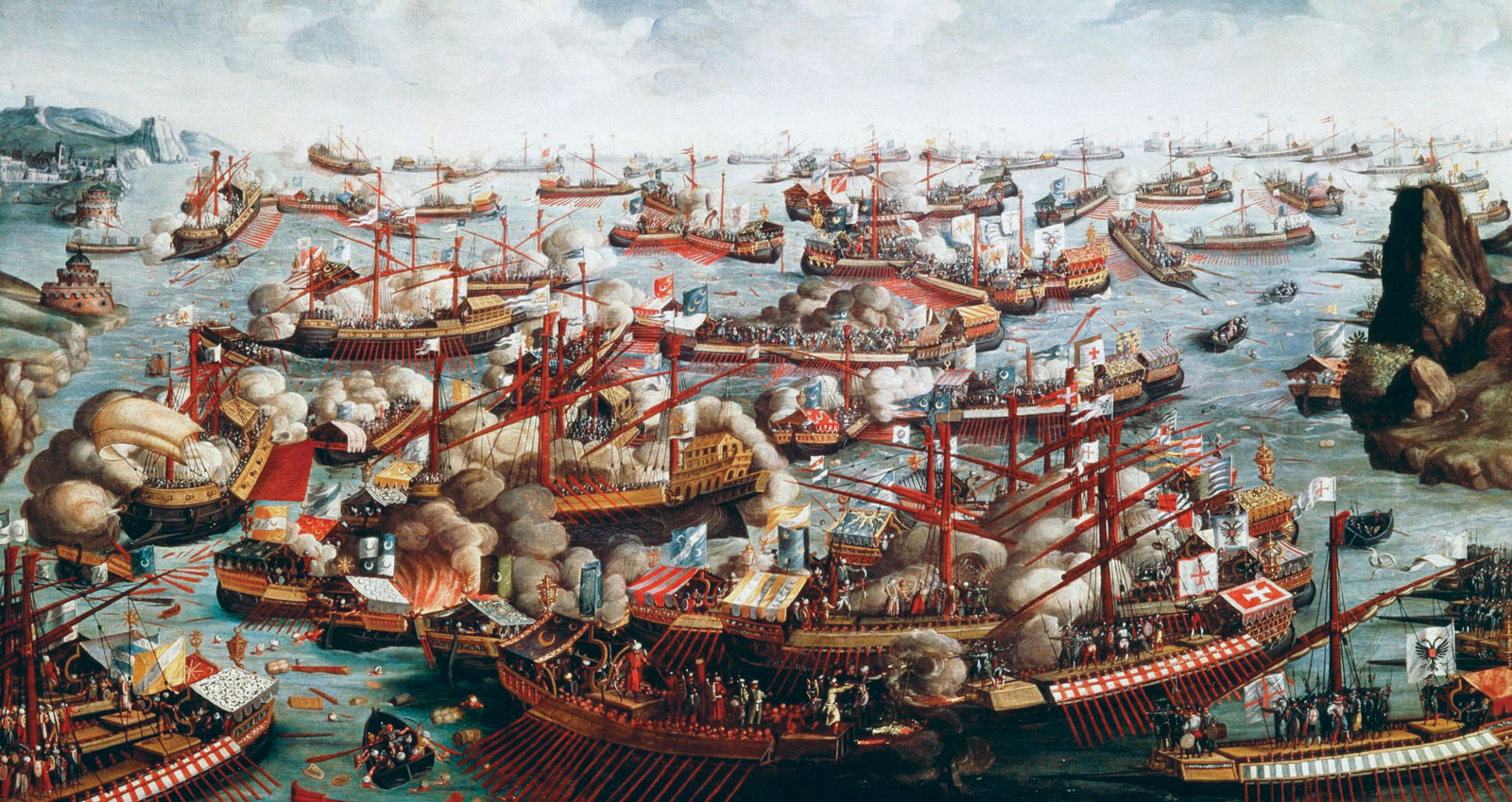
The course applies the theoretical toolkit of political economy to important questions in medieval and early modern economic history. The first term examines core issues of European history such as the character of feudalism (were feudal principalities states or was feudalism a type of market? what was the link between feudal rule and the structure of society?), state formation (how and why did political organisations invested with monopolies of force emerge?), interstate rivalries (war vs. competition for mobile factors of production - did competition between states contribute to growth?) and constitutional change (Absolutism vs. parliamentarism: How limited was Absolutist rule, and for which reasons? Which factors determined the power of parliaments?).
In the Lent term, we turn to core issues of economic policies: the expulsion of minorities (Why did rulers expel for example Jews and Huguenots?), trade and industrial policies (Mercantilism: Was this a result of interstate rivalries or of state formation?), monetary policies (what motivated debasements? why did premodern countries form currency unions?) and financial and fiscal policies (rent seeking, tax farming vs. bureaucratic taxation, deficit finance). Throughout, the focus is on the consequences these issues had for economic performance and growth.
